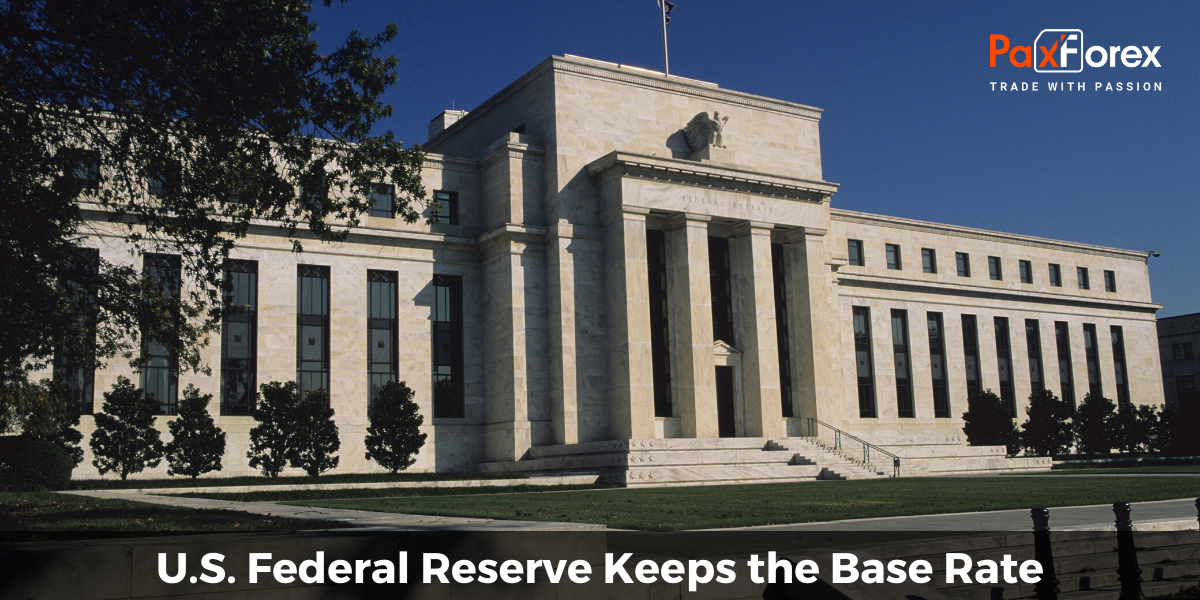
Bernanke prefers moderate pace
The Federal Reserve has decided to keep key interest rate in the range of 0-0.25% per annum, it said in a statement issued on the basis of which ended yesterday’s session of FOMC. Similarly the Committee acted in April 2012.
Most analysts predicted a similar decision by the Fed. As noted by the Fed, the information obtained in the period since April, shows that the economy this year has expanded at a moderate pace. However, in recent months, employment growth has slowed and the unemployment rate remains too high. Business Investment in fixed assets continued to increase.
GDP growth goes up but not fast
In addition, the Fed predicts that growth in gross domestic product (GDP) in the U.S. this year will not exceed 2.4%. Forecast for GDP growth in 2012 ranges from 1.9 to 2.4%, in contrast to the predicted in April 2,4-2,9%. In 2013 the growth is expected to be 2.2-2.8% instead of the expected in April 2012 2,7-3,1%. In 2014 GDP growth is forecast to be 3-3.5%.
The outlook on the U.S. employment has also become more pessimistic. The unemployment rate for this year is projected to reach 8-8,2% instead of 7,8-8%. For the year 2013 and 2014 prognosis is more favorable: 7.5-8%, and 7-7,7%, respectively.
U.S. inflation in the current year, as predicted by the Fed, will be 1.2-1.7% instead of the expected in April 1,9-2%. In 2013 it is expected to be 1.5-2% (previously expected 1.6-2%). The index of personal consumption expenditure this year is expected to reach 1.7-2%, in 2013. - 1.6-2%.
Real estate remains depressed
Despite some signs of improvement, the real estate sector remains depressed and household expenditures are rising more slowly than expected. U.S. is looking at ways to ensure maximum employment and price stability, expecting that in the coming year the economic growth will remain moderate, and then accelerate smoothly.
In addition, the U.S. Fed intends to acquire the current rate of treasury bonds with maturity of 6 to 30 years and to sell or to repay an equal amount of securities with a remaining term of the expiration of about 3 years or less. For these solutions have voted Fed Chairman Ben Bernanke and other members of the Monetary Policy Committee.
Despite the relatively restrained performance of the U.S. economy, we may think about further strengthening of the U.S. Dollar as its main competitor, Euro, is still experiencing very big difficulties.
You might also like:
News in Greece: EU’s “horror stories” have determined the outcome of elections
Spanish crisis: EU will provide financial aid
Eurobonds: Why Germany is against them
The informal EU summit will determine the mood of investors
Expert Advisors – Do you really need this tool?







